In Japan, there’s a cute and cozy phrase called “mogu-mogu time” — literally, “munch munch time.”
It refers to that peaceful moment when you take a break and quietly eat something — slowly, contentedly, bite by bite.
At first, it sounds light-hearted, even childish.
But in Japan, it became a national keyword after being spotlighted during an international event.
The Phrase That Went Viral: From the Olympics to the World
“Mogu-mogu time” became widely known during the 2018 Winter Olympics in Pyeongchang, South Korea.
During a curling match, the Japanese women’s curling team took a snack break between ends — calmly eating dried fruits, sweet potatoes, and strawberries.
Their soft munching expressions and relaxed atmosphere on screen charmed the entire nation.
The media soon coined it “Mogu-mogu time” — and it became a pop-culture catchphrase overnight.
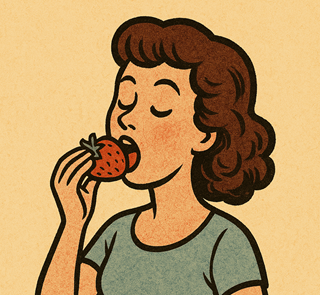
What Does “Mogu-mogu” Mean?
“Mogu-mogu” (もぐもぐ) is a Japanese onomatopoeia (more precisely, a gitaigo / mimetic word) that describes the silent chewing or munching motion made with full cheeks.
It doesn’t describe a specific sound, but rather the appearance and rhythm of chewing — often cute, rhythmic, and slightly exaggerated.
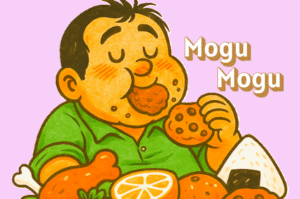
How Is “Mogu-mogu Time” Used Today?
While the term began with curling, it has since become part of casual Japanese:
- Lunch breaks among co-workers
- Afternoon snack time at school
- Pet owners describing their animals chewing
- Social media posts featuring sweets and snacks
You might see captions like:
Having mogu-mogu time with this cake today!)
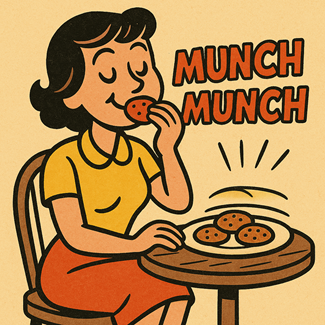
Cultural Note
In English, you might say:
- “Snack break”
- “Munching time”
- “Taking a bite”
But these lack the texture, rhythm, and cuteness that “mogu-mogu time” carries.
It’s not just about eating — it’s about savoring the moment.
It’s gentle. It’s social.
And it all comes from the humble sound of a quiet chew.
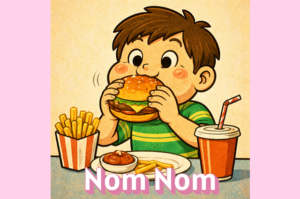
Try Using It!
Next time you:
- Sit down with a little snack
- Watch a character nibble slowly
- Want to describe someone eating in a cute way…
Just say:
“Mogu-mogu time!”

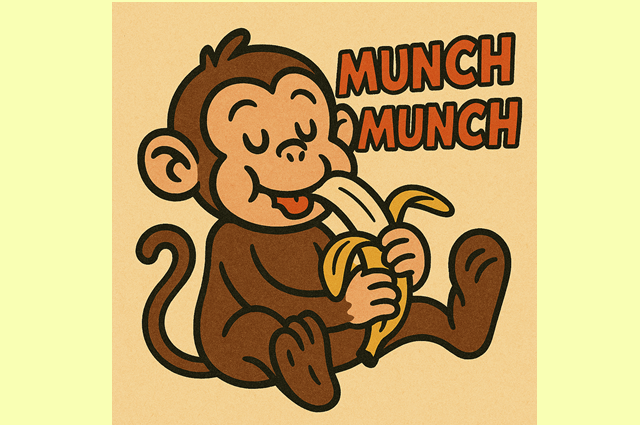

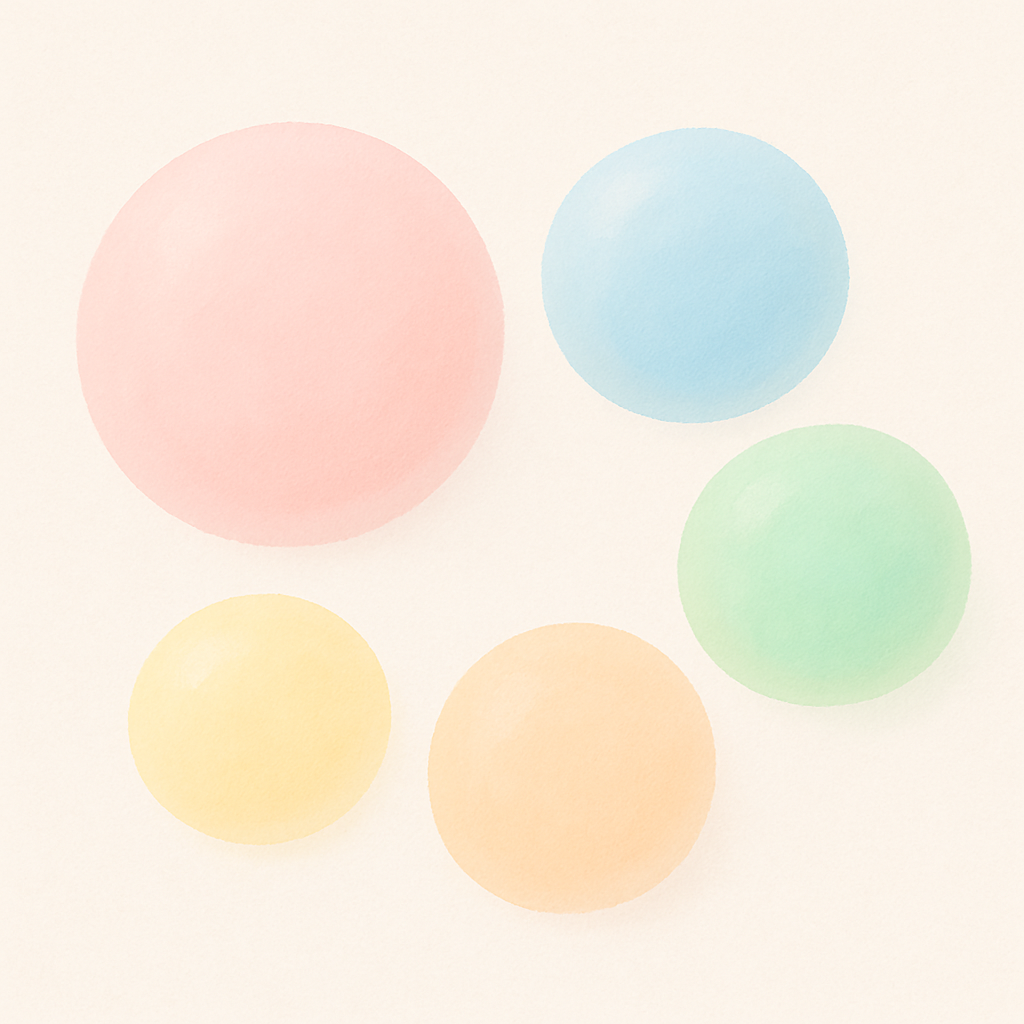

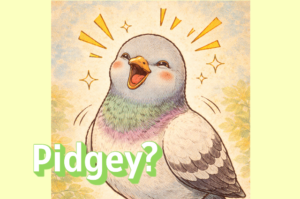
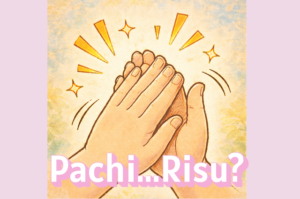
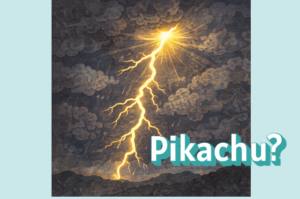
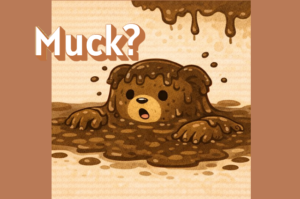
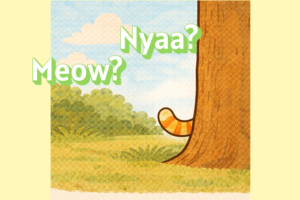
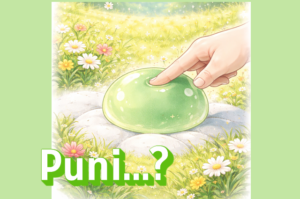
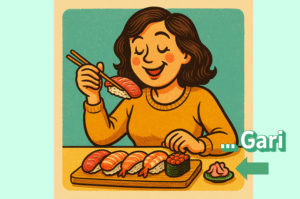
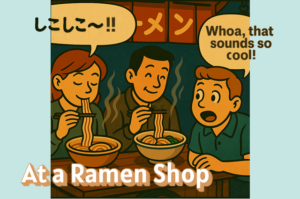
Comments